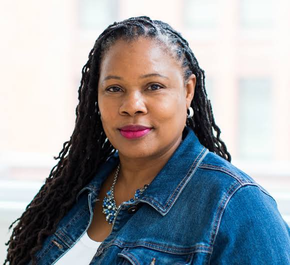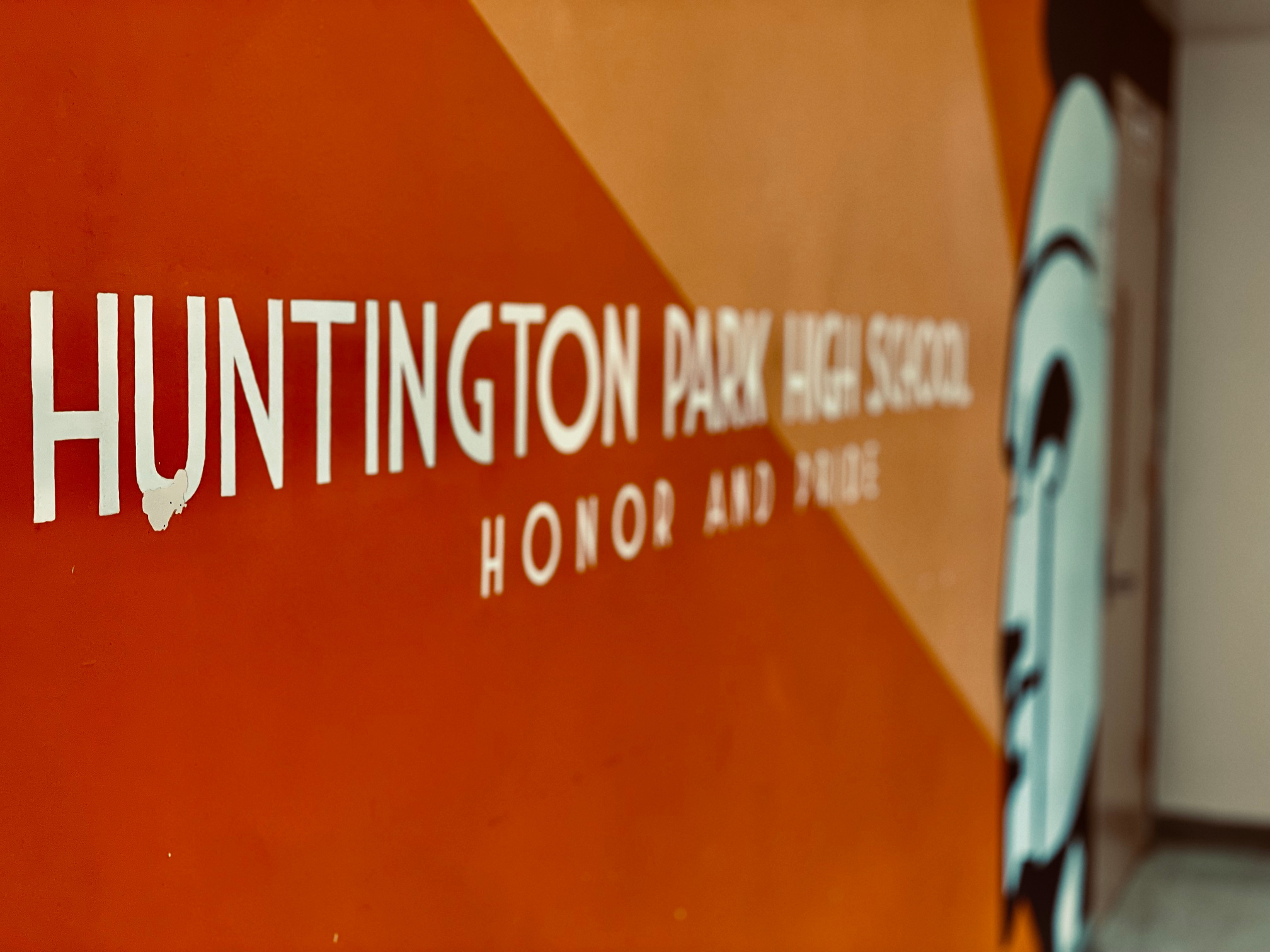
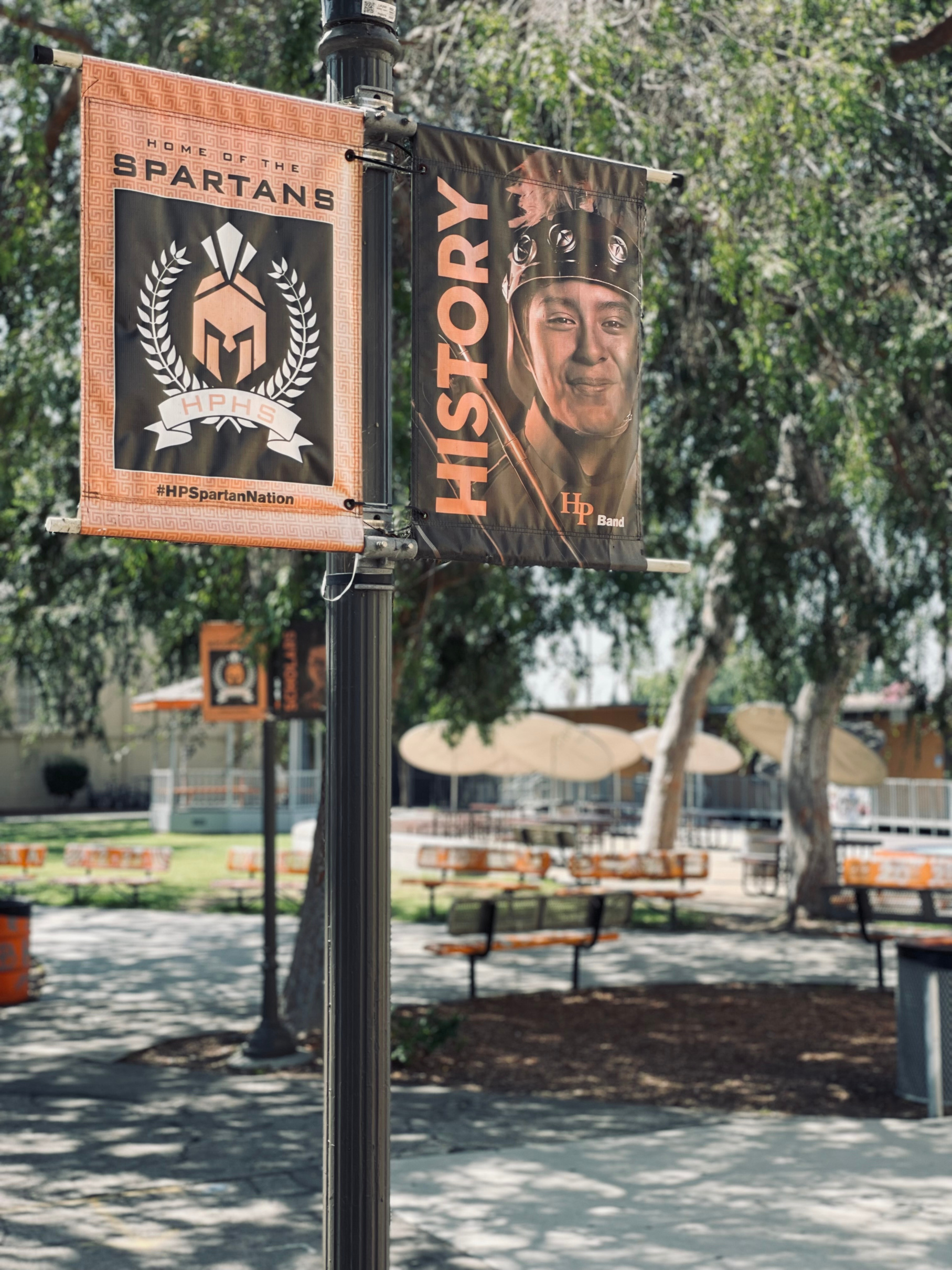
Genaro Ulloa
Instructional coach
Mr. Ulloa is an instructional coach and supports the English, History, and LOTE departments. He has worked in education since 2007 and served as a social sciences instructor for 10 years, then as an instructional coach at Augustus Hawkins High School. In 2015 he obtained his Master’s degree in Sociology from California State University Sacramento. His areas of expertise include Youth participatory action research, project based learning, and culturally sustaining pedagogy. He is a Google Certified Educator Level II, and is also an Equitable Grading and Instruction Certified Facilitator.
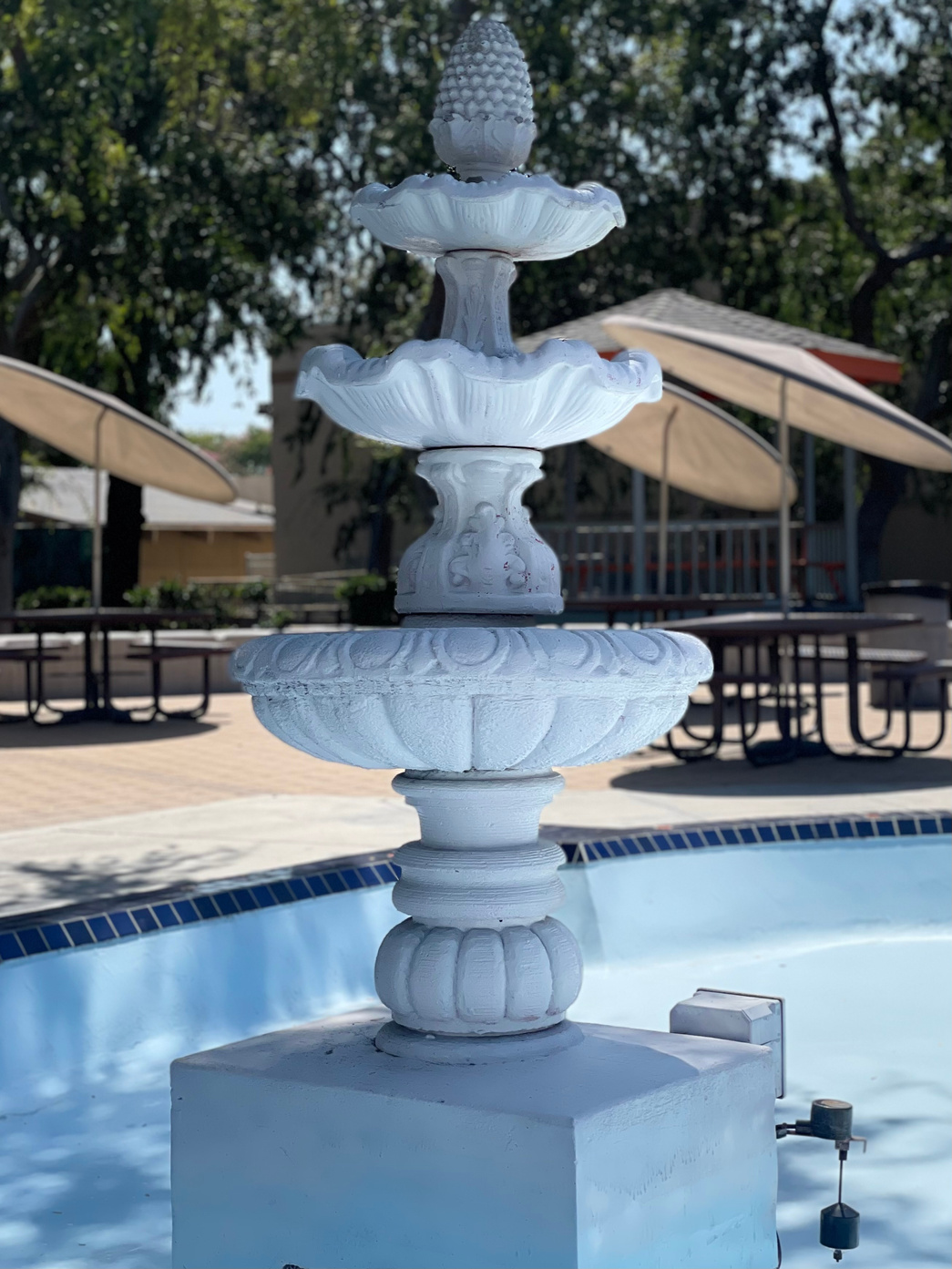
What is instructional coaching?
As a coach, I provide support for you to have a positive transformation in your teaching practices. This is done through
- Teacher-centered coaching conversations
- Post lesson reflections
- Goal Setting and observation to collect data
- Curriculum planning collaboration
- Providing resources and modeling instruction
Coaching Style
Influences
01

02
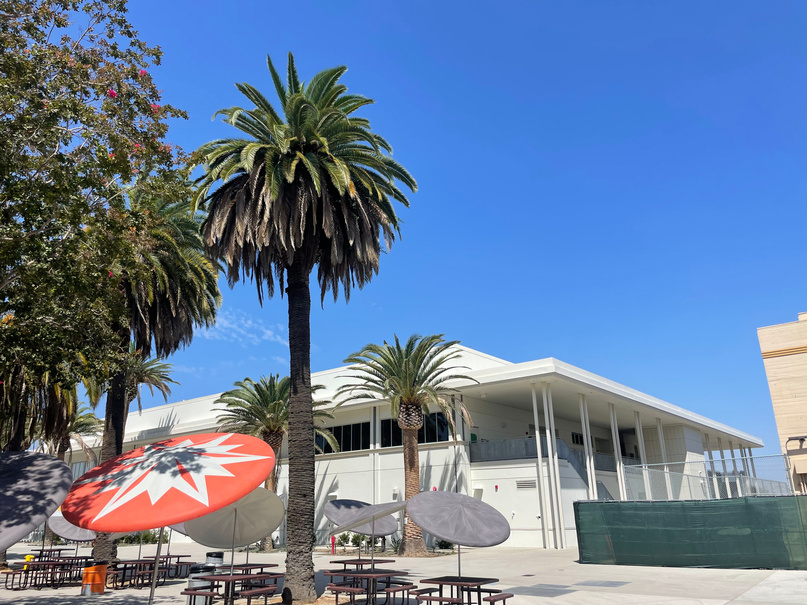
Culturally sustaining pedagogy
My coaching will always be grounded in sustaining the cultural gifts and assets that teachers already bring with them into the classroom
abolititonist teaching
My coaching aims to explore “new ways of to establish an educational system that works for everyone, especially those who are put at the edges of the classroom and society.”-Bettina Love, We Want to do More Than Survive
03

cognitive coaching
The goal in my coaching is to support the production of “self-directed persons with the cognitive capacity for excellence both independently and as members of a community” -Cognitive Coaching Mission
Areas of Experience
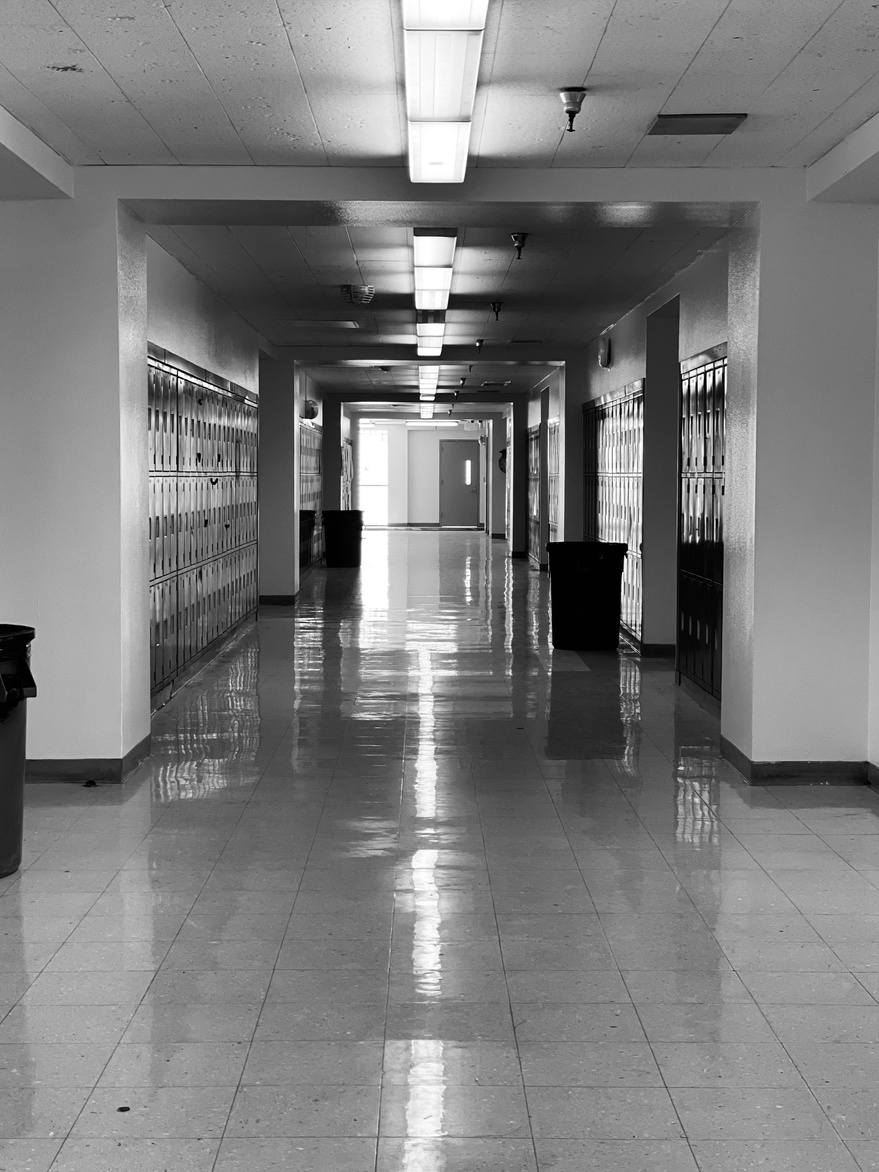
Curriculum Building
Backwards planning
Standards based instruction
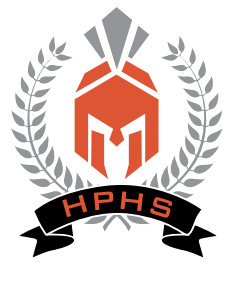
Building relationships
Restorative classroom practices
Trust building strategies

AUTHENTIC ASSESSMENTS
Project Based Learning/ Authentic Performance Tasks
Equitable Grading and Instruction
Coaching Cycle of Transformation
Planning Conversations
Teacher focuses on creating a plan for how they will execute their lesson by:
- reflecting on their practice
- setting goals for improvement
- identifying observation data
Observation
The coach will observe the teacher’s lesson and collect data based on what the teacher has identified. Teacher receives feedback on that data only. This eliminates the need for a daunting and potentially traumatic email of all the things you did wrong.
Reflection
During the post-observation conversation, the teacher will develop a new commitment to application by
- reflecting on the data presented
- Analyze casual factors
- Construct new learnings


Resources
PDSA Guidebook
Block Lesson Case Study
October 13, 2023
Developing trusting relationships
When do you remember the first time you learned about trust? Was it a positive experience and you learned that you can depend on people? Or was a precautionary tale, and you learned that some people will tell you whatever you want to hear to serve their own interests? In any case, as an adult you probably already know that people have to earn your trust before you give them access to vulnerable parts of yourself.
So why do we as educators expect any different from our students? Sometimes it’s not enough that we finished college, and we have a job that asks people to never acknowledge our first names. Students, especially those who have been vulnerable with their learning in the past, and have been let down in some regard, need more from their teachers before they trust them to lead their learning.
Transactional Trust Vs. Relational Trust
There are two types of ways to build trust in the classroom: transactional and relational. Transactional trust is based in the idea that each party has something they need from the other.
They’ll get along if they agree to the terms of that exchange. In the case of the classroom, the teacher needs students to:
- Communicate when they ask, stay quiet when they don’t
- Produce high quality work, or
- improve toward higher quality work
The students, in turn need:
- a good grade,
- a happy , fun, and engaging teacher,
- to stay out of trouble.
In this agreement, neither party is encouraged to grow past those terms. Moreover, If one party breaks the agreement or refuses the agreement outright, the trust breaks down. We see this in classrooms often.
Relational trust, however, is anchored in affirmation, mutual respect, and validation that breeds an unshakeable school achievement. To quote Zaretta Hammond, "A teacher-student relationship in which the teacher builds trust and becomes the student's ally in order to help the student reach a higher level of achievement."
September 6, 2023
FEEDBACK in COACHING
If you’ve ever been sent a feedback email post-observation, there may be a moment of horror, self degradation, or pure resentment before you even open it up. In other words, it can be an uncomfortable experience to be vulnerable when allowing someone else to pass judgments on your teaching practice. You may also be a teacher that is waiting for that positive pat on the back that affirms all of your hard work. Yes, having someone check your blind spots and offering affirmations can be important to ones growth as a teacher. But one thing they don’t do is allow the teacher to take ownership of that growth. They are the opinions, inferences, and judgments of someone else. They pose the threat to be seen as highly subjective, or coming from a level of expertise far removed from the teacher.
A thoughtful guided reflection may not target all the issues that the observer identifies, but it does allow the teacher to be in control of their progress and practice identifying high leverage adjustments for themselves.
Not all feedback is bad feedback, however. If the teacher identifies an issue, commits to an adjustment, they can also identify what will happen if that adjustment is successful. When being observed, the coach will record that data and present to the teacher. No surprises, no opinions, just data they were already expecting.
Mediative questions have the potential to invite the teacher toward deeper reflection when needed. They should, however, be open-ended, contain positive presuppositions, and use tentative language.

